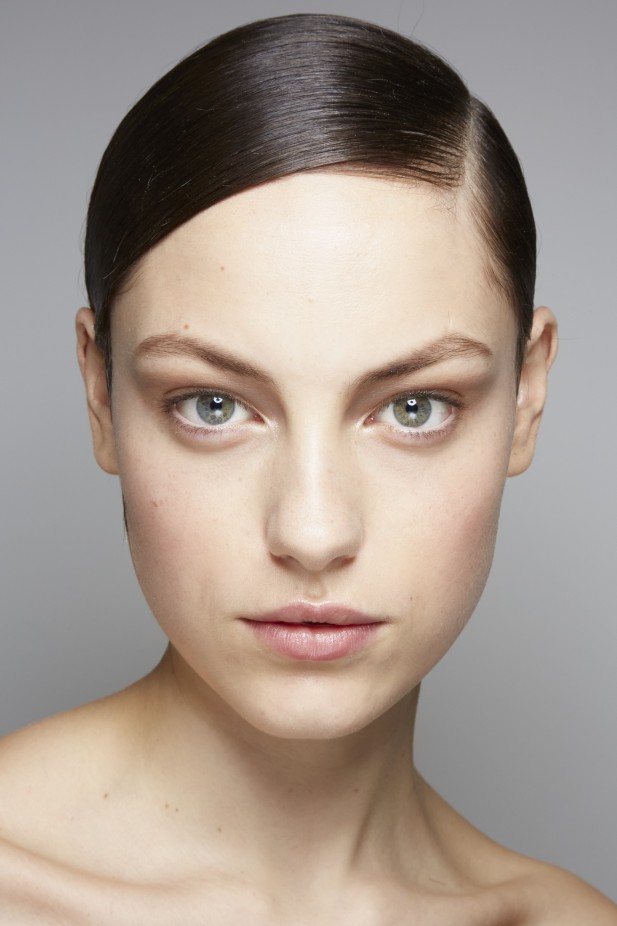With global anxiety levels rising and a pandemic fatigue setting in, our body’s fight-or-flight response – our inherent emotional reaction to stress – has been stretched to the maximum. We are perhaps on the tip of a global burnout. A research study published in the Cardiology journal revealed that there was a significant increase in stress-related cardiovascular disease during the pandemic. It’s no wonder that people all over the world are embracing health, self-care, and wellness trends even more fiercely.
Stress is the new health metric for 2021. Everything from the way we work out, the way we eat, the way we rest, and the products that we choose to use has seen a monumental shift as mental and emotional wellbeing takes center-stage. This is reflected in the $4.5 trillion global health and wellness industry that is seeing a fresh wave of product and service innovations. Here are the top stress-relieving wellness trends you need to watch out for in 2021.

Soniyaa Kiran Punjabi is founder of Illuminations Wellbeing Centre
#1 Wearable Stress Trackers
Wearable activity trackers that monitor your fitness and exercise levels have already become outdated with the latest trackers like Apple Watch Series 6 featuring a built-in blood oxygen monitor to track shallow breathing, a symptom of stress and Garmin devices that prompt you to breathe deeply when they detect high anxiety levels. Another popular wearable, Fitbit Sense, has sensors on the rim that pick up the moisture of the skin triggered by stress.
#2 Shinrin-yoku (Forest Bathing) + Nature Therapy
While the Japanese have been practicing the wellness trend of shinrin-yoku since the 1980s, the world is waking up to this form of ecotherapy. Shinrin-yoku, or forest bathing, is a traditional Japanese practice of immersing oneself in nature using all five senses including sight, smell, hearing, taste, and touch. Researchers have found that this therapeutic practice can help improve immunity levels, lower blood pressure, ease stress levels, and heighten the feeling of ‘awe’ causing an increase in gratitude and selflessness.
If you don’t access to a forest area, you don’t need to despair. Nature therapy of any form can give you the same health benefits. There has been a sharp surge in people investing in house plants to feel more relaxed in 2020, with the global market research firm, Technavio, predicting the industry to grow by $29 billion in the next three years. Cultivating greenery in your home can boost relaxation, happiness, and attentiveness, and everyone needs to find their own bit of joy.
#3 Eye Yoga
Move over, rage yoga (yoga to vent) and ‘broga’ (yoga for men) – there’s now eye yoga, or yogic exercises for the eyes. It’s not so bad considering that the chances are that you may have spent all of last year staring into a screen, either for work or entertainment. Eye yoga involves gentle movements of the eyes to help relax as well as strengthen the eye muscles.
A simple relaxing eye yoga technique involves rubbing your hands together to make them warm and cupping your eyes, with your palms resting on or around your cheekbones. Make sure your eyes are closed during the cupping and breathe gently. This can help you calm down and refocus.
#4 Rage Rooms
The Smash Room in Dubai and Wrecked in London offer a solution to vent out anger by smashing and throwing around things in a controlled setting. While that might sound bizarre, it could be a healthy platform for people to deal with stress instead of resorting to self-sabotaging behaviours. This model has been successful at workplaces in Japan, where it is considered culturally inappropriate to speak against higher authority. For a study, researchers placed cut-outs of the senior management in a basement and requested employees to use bamboo sticks on the cut-outs to remove their frustration. This exercise helped not only reduced the stress levels of the employees but also increased their productivity at work. Stressed employees can cause a loss of 72 hours of productivity, according to studies.
#5 Gauge Your Emotional Wellbeing Apps
Mental health apps such as Moodpath, MoodMission, and Daylio Journal are popular this year as they help you understand your feelings and mood better. These apps usually have a questionnaire through which you can understand the severity of your stress levels. They also have articles and audio files that provide information to better understand what you are experiencing. Some mental health apps can also help you learn new skills such as gratitude and mindfulness to increase positive feelings. Other mental health apps like Talkspace can connect with you with a licensed mental health professional so that you receive virtual therapy. Another popular app, Headspace founded by Buddhist monk Andy Puddicombe, offers meditation options for people of all skill levels.
#6 ASMR or Soothing Sound Therapy
ASMR, or autonomous sensory meridian response, has been everywhere on social media but it is recently being used as a therapeutic practice to ease anxiety. ASMR is when you get a tingling sensation in the body in response to different audio or visual triggers such as whispering, page-turning, sounds of brush strokes during painting, or watching someone doing routine household tasks such as laundry or cooking. Research backs this wellness trend too. A 2018 study found that an ASMR experience can help promote feelings of calmness and emotional wellbeing, depending on the person’s sensitivity.
#7 Personalised Sleep Coaching
Yes, you heard that right. The trend of personalised sleep coaches and sleep-fluencers is here to stay. The sleep services industry is worth $49.5 billion and growing rapidly, with sleep apps even being made for kids. Stress and sleep are closely linked as stress can affect the quality and length of your sleep while poor sleep can increase the probability of anxiety. A sleep coach is usually certified by an institute like the Family Sleep Institute and guides people on how to develop a healthy sleep routine. You can expect everything from tips on cutting back on caffeine and wine, on the air quality in your home, to checking if your bedroom is comfortable, and has happy and soothing elements like family photos and calm colours.
While this is a roundup of the wellness trends for this year, simple stress-relieving methods like meditation, journaling, and a daily exercise routine can go a long way in helping you maintain your emotional wellbeing.
Featured image credit: GoRunway
Read Next: Pain or Suffering? How To Retrain Your Brain’s Response In A Crisis
- Words by Soniyaa Kiran Punjabi





